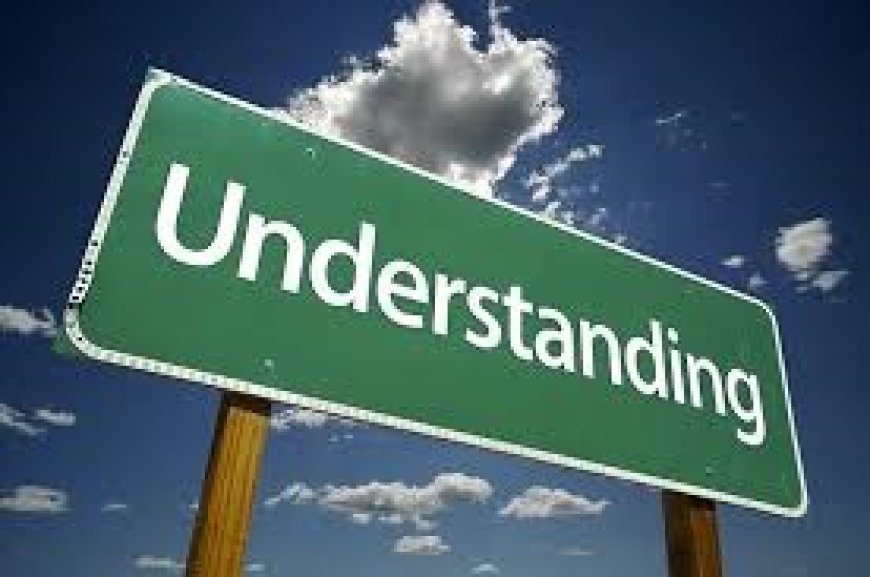The Comedy of Errors: Misunderstandings that Fuel Anti-Immigrant Sentiment
This article examines how misunderstandings fuel anti-immigrant sentiment, creating a comedic yet tragic narrative rooted in fear and misinformation. It explores stereotypes, economic misconceptions, cultural differences, and media portrayals that misrepresent immigrant experiences. The conclusion emphasizes the importance of education and dialogue in combating these misunderstandings and fostering a more inclusive society.

The Comedy of Errors: Misunderstandings that Fuel Anti-Immigrant Sentiment
In the realm of social issues, few phenomena are as perplexing and detrimental as the misunderstandings surrounding immigration. The comedy of errors created by miscommunication, stereotypes, and misinformation contributes significantly to anti-immigrant sentiment. Far too often, the fears and prejudices that result from these misunderstandings are built upon false narratives rather than the complexities of human experience. To unravel this tragicomic narrative, we must delve into the facets of misunderstanding that fuel hostility towards immigrants.
At the heart of these misconceptions is a fear of the unknown. When people encounter those who appear different—whether in language, culture, or appearance—there is an instinctive reaction to retreat into the familiar. This instinct often leads to a perception that immigrants are a threat to national identity, security, or economy. Politicians and media personalities play on these fears, amplifying misunderstandings for their agendas. For example, during political campaigns, immigrant communities may be scapegoated for issues like unemployment or crime, despite studies showcasing that immigrants actually contribute positively to the economy and are less likely to commit crimes.
One glaring misunderstanding lies in the stereotype that immigrants take jobs from native-born citizens. This perspective grossly oversimplifies the labor market dynamics. Economists widely agree that immigrants primarily fill essential roles in sectors that suffer from labor shortages, such as agriculture, construction, and healthcare. These industries often struggle to find sufficient native labor to meet demand. Yet, despite clear evidence, the narrative persists: immigrants are often cast as selfish interlopers stealing opportunities from local workers. This comedic misalignment between facts and fears generates ongoing tensions in communities, creating a fabricated dichotomy between "us" and "them."

Misunderstandings do not just arise from economic fears; cultural differences often serve as a breeding ground for hostility. Cultural misunderstandings can transform innocent behaviors into caricatures that caricature immigrants as somehow “other.” For instance, differing social norms in communication styles can lead to misinterpretations of intentions. A simple cultural gesture, like a handshake or a greeting, may be seen as disrespectful or aggressive in different societies. Such errors brew suspicions, turning personal interactions into absurd comedic scenarios where misunderstanding reigns supreme.
Consider the story of a Syrian refugee who moves to a small Midwestern American town. While the newcomer approaches community members with warmth and curiosity, some residents misinterpret this as intrusive—leading to awkward interactions that solidify their negative perceptions. Here, the comedy emerges from the absurdity of miscommunication fueled by a lack of cultural understanding. Without education and empathy, the vibrant and rich tapestry of immigrant cultures can be shrunk to a farcical misunderstanding.
Another significant contributor to anti-immigrant sentiment is media representation. The portrayal of immigrants in news outlets, films, and television often emphasizes negative stereotypes: the foreign criminal, the welfare abuser, or the radicalized extremist. These portrayals reinforce existing prejudices, resulting in a feedback loop where misinformation breeds further hostility. Comedy, in its purest form, often derives humor from stereotypes, but when these tropes become the dominant narratives around real people, they can solidify misconceptions that alienate entire communities.
Counteracting these comedic errors of misunderstanding requires conscious effort. Community initiatives designed to foster dialogue, cultural exchange, and education can bridge these divides. Celebrating multicultural festivals, hosting intercultural dialogues, and showcasing immigrant success stories can open people’s eyes to the richness immigrants bring to society. Building relationships across cultural lines offers a remedy for misunderstanding—a powerful antidote that can shift the narrative from comedy to collaboration.
In conclusion, the comedy of errors surrounding anti-immigrant sentiment is a complex interplay of misunderstandings driven by fear, economic anxieties, cultural differences, and skewed media portrayals. This tragicomic narrative is not just a societal joke; it carries real consequences that can perpetuate division and hostility. By fostering understanding, empathy, and education, we can transform this farcical misunderstanding into a narrative of acceptance, cooperation, and celebration of diversity.
It is high time we recognize these errors for what they are, confront our assumptions, and work together to build a more inclusive society, one that values the contributions of every individual, regardless of their origin.
What's Your Reaction?














































































































